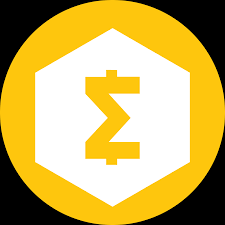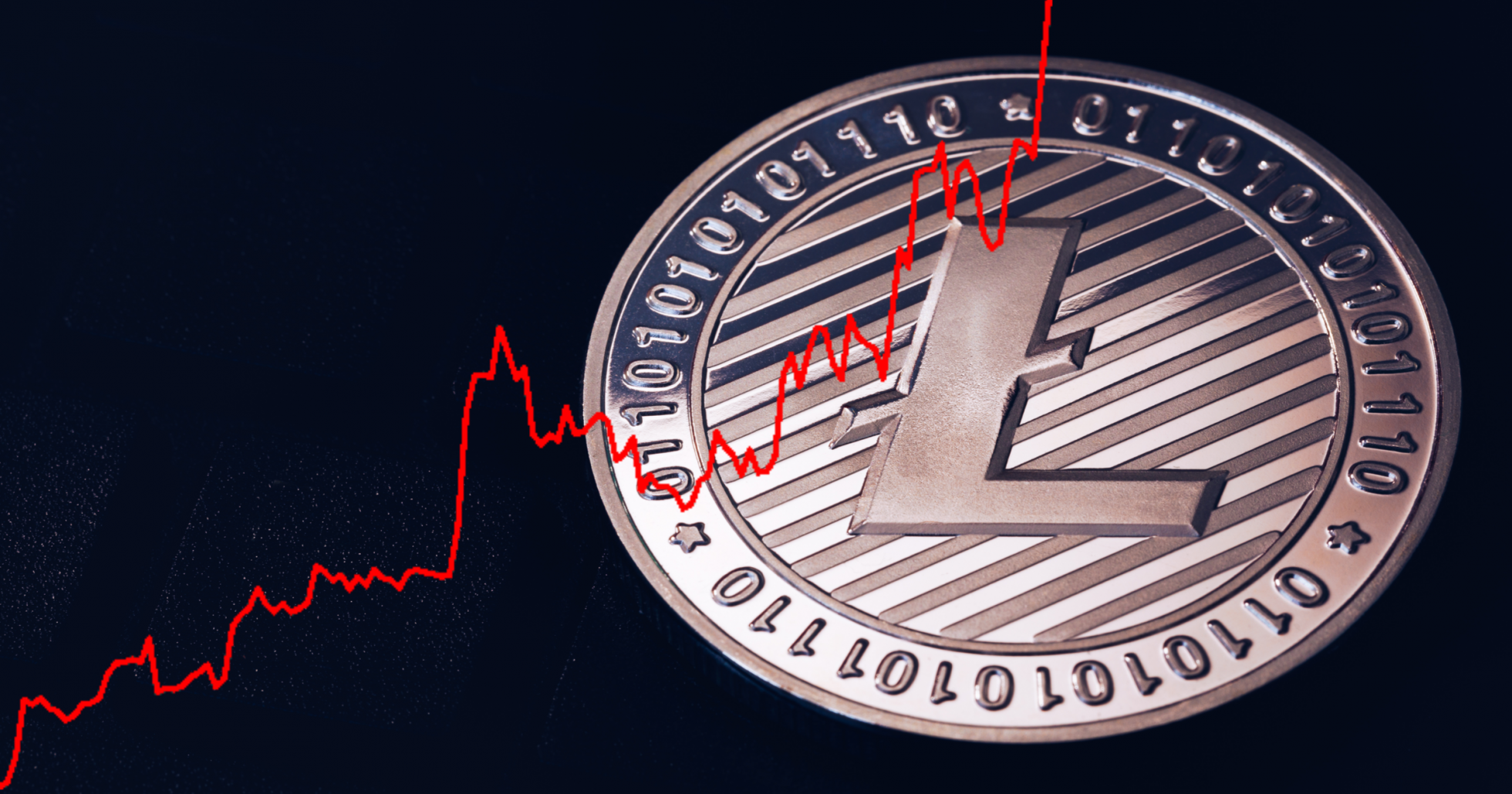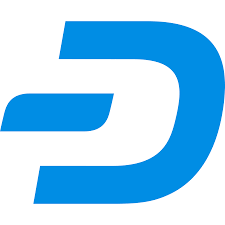
Advertisement scams
In 2017 a lot of scams were made through WordPress websites that were fake and unverifiable. Teams of those websites were able to raise millions from investors.
These kinds of scams were very profitable, that’s why many of these companies were willing to pay a premium for advertising on platforms that could attract additional victims.
Apparently, Facebook was one of those platforms for great cryptocurrency-related advertisements.
Facebook bans the ads
In January 2018 Facebook announced a new policy that outright cryptocurrency ads to prevent dubious advertisements on the platform.
Facebook wasn’t the only company that decided to prevent false ads on its platform. Google banned cryptocurrency ads in March, two months after Facebook.
Bojan Oremuz, the founder of Emmares, banning cryptocurrency ads indicates almost the complete ban of cryptos and ICOs by the social media platforms.
Banning all cryptocurrency-related ads it included ICOs, virtual currency trading advice, crypto wallet, and anything relevant to cryptocurrency. After this announcement others joined to ban cryptocurrency ads and ICO-related ads – Twitter, Instagram, Snapchat, and many others.
As all big social media platforms decided to ban cryptocurrency ads, it will be seen as a complete ban.
After the ban announcement bitcoin took a strike and dip $10 – 166, $6,914. In February 2018 it got back even stronger, the price increased to $11,228.
When Google announced an ad ban, bitcoin fell below $8000, which was a 9% loss. After this Twitter announced an ad ban too, and then bitcoin got another big hit, and its value reduced below $7500.
Because of the cryptocurrency ad ban, legitimate crypto businesses will be hurt. This action shocks potential and existing cryptocurrency investors. This action will make them unwilling to invest in this industry further.
Advertisement ban will lead to a huge fall in ICOs and cryptocurrency prices, as well as market capitalization for a short period of time. It is a short-term impact, it already has a lot of negative impact on the majority of existing leading cryptocurrencies and coins.
Loosening ad policy
Facebook loosened its policy to allow for cryptocurrency-related ads from selected pre-approved advertisers, in June 2018. They were required to submit an application with licenses and other information that could prove the legitimacy of the advertiser.
But advertisements for initial coin (ICOs) offerings will still be rejected.
In September Google followed and loosened its cryptocurrency ad policy. Google’s updated policy applies to advertisers all over the world, though the ads can only run in the U.S. and Japan. Those who are an interesting advertisement will need to apply for certification to serve ads in each country individually.
Google told that they don’t know where the future is going to go with cryptocurrencies. But they have seen enough consumer harm that it’s an area that they want to approach with extreme caution.
Alphabet, the parent company of Google, gets roughly 86 percent of its total revenue from advertising. In the first half of 2018, the company booked more than $54 billion in ad revenue.
Again allowing cryptocurrency ads
They listened to feedback and assessed the policy’s effectiveness, Facebook is rolling back its previous policies.
Facebook is narrowing its policy to no longer require pre-approval for ads related to blockchain technology, industry news, and events related to cryptocurrency.
The emergence of refined government positions on cryptocurrencies does bode well for current and future crypto innovations as more businesses can become more lenient with their advertisement program. Very similar to what Facebook has done with its advertisement program.
Cryptocurrency in the United States and other countries is still very uncertain and prone to change, which runs counter to many business preferences that dislike uncertainty.
Dash using on-the-ground adoption methods
Some cryptocurrency projects depend on ads to increase their awareness and adoption. But Dash has been focusing on on-the-ground adoption methods via community outreach groups to increase adoption and usage.
Dash Colombia and Dash Brazil have been operating Dash Invite to organize local residents to make purchases at local merchants with Dash.
However, Dash Text ran into specific roadblocks when attempting to integrate into SMS Dash transmitting service into WhatsApp. It didn’t quite work because Facebook, the owner of WhatsApp, had a ban on cryptocurrency activities on the WhatsApp platform.










